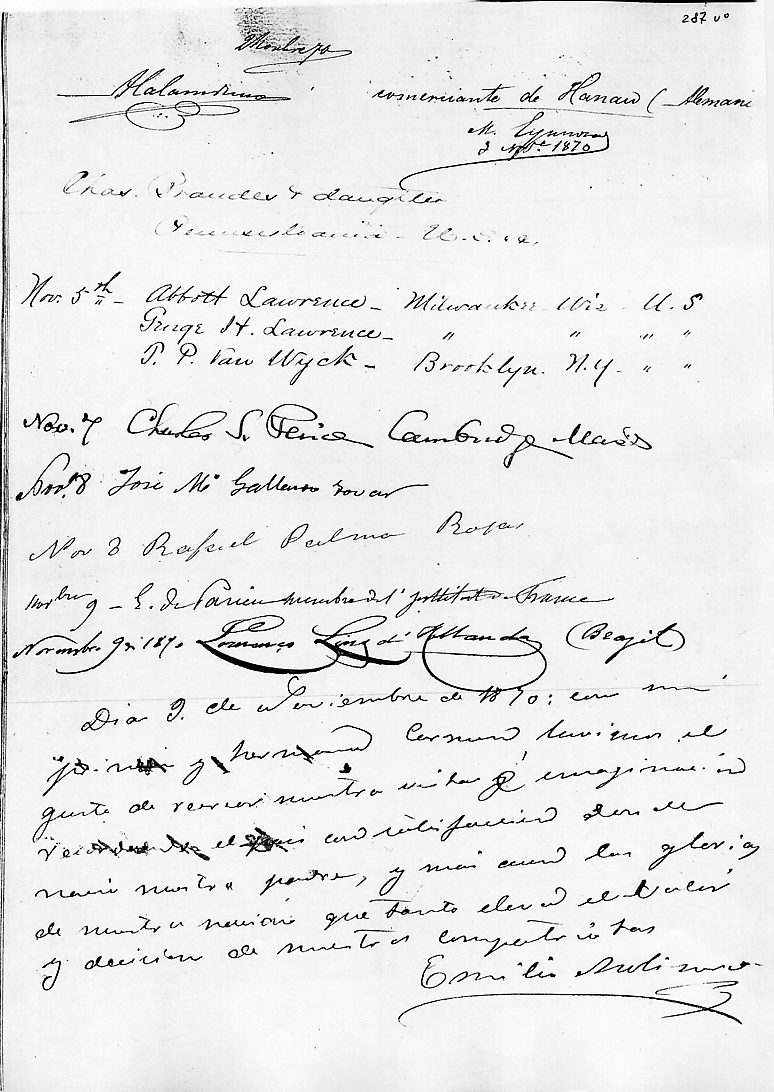
Peirce's signature
Editing Peirce Workshop
Applying Peirce: International Conference at the University of Helsinki
13 June 2007, 10.30
Oral version
I do not call the solitary studies of a single man a science.
It is only when a group of men,
more or less in intercommunication, are aiding and stimulating one another
by their understanding of a particular group of studies as outsiders cannot understand them,
that I call their life a science."
C. S. Peirce, "The Nature of Science", MS 1334, Adirondack Summer School
Lectures, 1905
1. Introduction
A surprising fact in the historiography of the Hispanic philosophy of the twentieth century is its almost total opacity towards American philosophy, in spite of the real affinity between the central questions of American pragmatism and the topics addressed by the most relevant Hispanic thinkers of the century: Unamuno, Ortega y Gasset and d'Ors. It can be said that the reception of Peirce in the Spanish-speaking world has been—until recently—somewhat phantasmagorical, in the sense of acknowledging openly his importance, but without a real knowledge of his ideas (Vericat 1988: 15; Castañares 1992). This situation started to change with some translations into Spanish in the eighties, and in particular with the launching of the Grupo de Estudios Peirceanos at the University of Navarra in 1994.
I will describe in some detail the development of our Group, in the hope that some reflections on the work already done in translating Peirce into Spanish might be fruitful to an audience speaking other European languages. My presentation will be arranged in the following sections: 2) Peirce's connections with the Hispanic world; 3) The Spanish Peirce Group: the experience of translating Peirce into Spanish and publishing the texts on the Web; and 4) Primary results.
2. Peirce's connections with the Hispanic world
A good indication of the almost complete absence of the Hispanic world from Peirce's cultural horizons is that the only direct mention of Spain in his Collected Papers is his usage of the English expression, of French origin, "to build castles in Spain", which occurs in his article "A Neglected Argument for the Reality of God", when Peirce explains the notion of "Musement". This is free, unrestrained speculation, in which the mind entertains itself to no particular end, purely playing with ideas: "The particular occupation I mean (...) may take either the form of aesthetic contemplation, or that of distant castle-building (whether in Spain or within one's own moral training) ..." (CP 6.458, 1908). In spite of this discouraging finding, when I started to study Peirce I began—like a detective—to collect all the pieces of information I could about his journey to Spain in 1870, which until then had been poorly reported in several sources.
During the succeeding years we found his signature in the book of visitors of La Alhambra,

and also the statue that he admired so much in Madrid. In his letter of November 16 (L 341), Peirce wrote to his mother how much he admired a statue of a half-reclining woman he saw in Madrid, by an artist then living (probably The Nymph Eurydice by Sabino de Medina): "... is one of the most beautiful things I have seen".
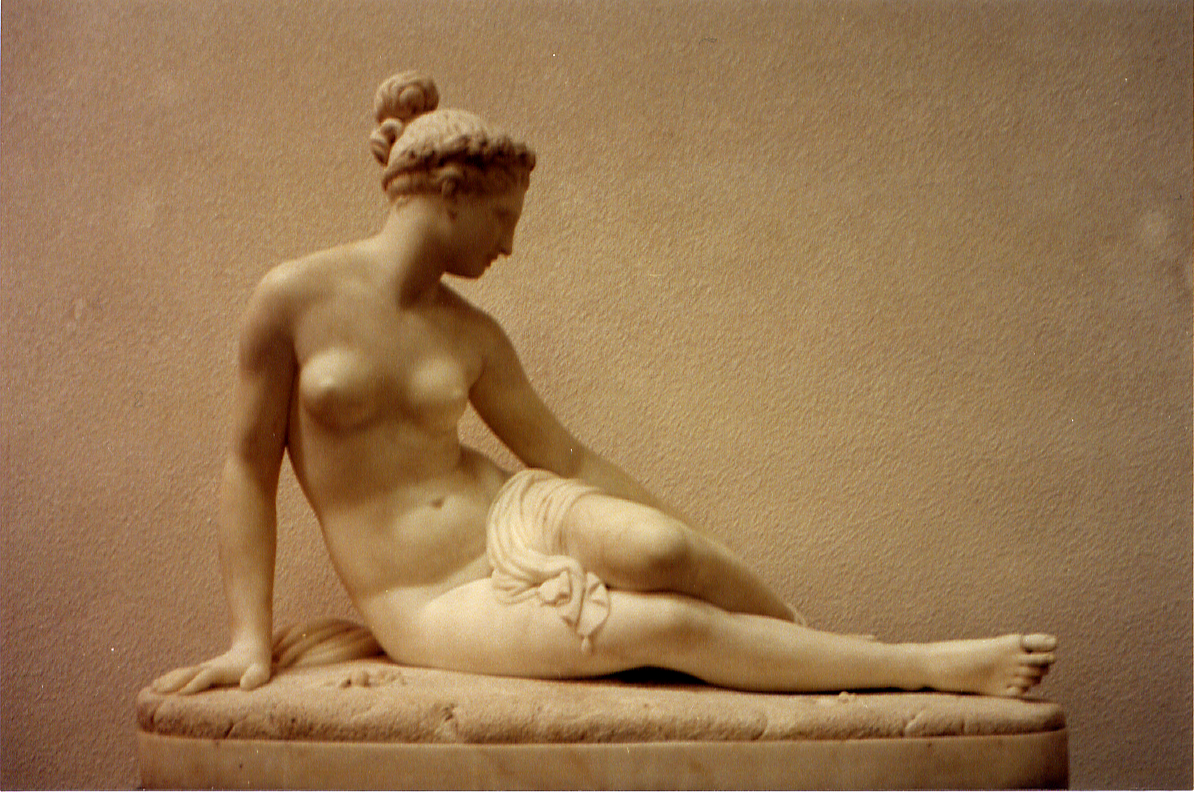
Together with my dear colleague of Colombia, the mathematician Fernando Zalamea, we have published an entire book on Peirce and the Hispanic World, which deals with all the references of Peirce to Spain and the Spanish-speaking countries, and a complete catalogue of all what the Hispanic authors have written since 1891 about Peirce.
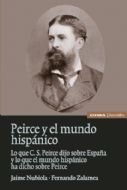
Hispanic philosophy's ignorance of Peirce and of pragmatism in general, and the American pragmatist tradition’s lack of knowledge of Hispanic philosophy, are probably the result of mutual cultural incomprehension; the sociological factors which have separated these two worlds throughout the twentieth century have prevented both parties from recognizing their special affinity. The Hispanic philosophers Unamuno, Ortega and d'Ors, in a way analogous to that of the Italians Papini, Vailati and Calderoni, were reacting against rationalistic modern philosophy in a way that was strikingly similar to their North American counterparts.
3. The Grupo de Estudios Peirceanos: the web
Our Peirce Studies Group (Grupo de Estudios Peirceanos: GEP) at the University of Navarra was created in August 1994. The first members were three doctoral students working on Peirce, and myself. Its aim was to promote the study of the work of Charles S. Peirce (1839-1914), especially in Spain and in the Spanish-speaking countries, in the belief that his thought might offer some key insights into problems related to the culture, science and philosophy of the 21st century.
The Group is based at the Department of Philosophy and the Library of the University
of Navarra.
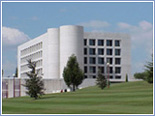
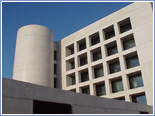
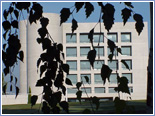
It offers not only a platform for an exchange of ideas regarding the work of Peirce, American pragmatism and its reception in Europe and in the Hispanic world, but also provides methodological and bibliographic support in order to develop doctoral dissertations and research on these areas. In recent years, the focus of attention of the Group has grown to include also the study of other American authors such as William James, John Dewey, Hilary Putnam, and some of the representatives of what we call "Hispanic pragmatism", in particular, Eugenio d'Ors, Unamuno and Vaz Ferreira.
Since its inception, the activities of the Group have included the participation of scholars from different fields, including history, linguistics, literature, philosophy of science, law and communication studies. The ordinary members of the Group are fifteen or so young faculty and graduate students working at the University of Navarra, most of them philosophers. There is also a wide international network of corresponding members in South America and other countries, some of them former graduate students at Navarra.
We have been fortunate to receive funding from the Government of Navarra and from the Research Program of the University of Navarra, ever since the beginning of the Group; in addition, we have received some private funding from benefactors when required. Since the Group has no personnel, a budget of only some 20,000 euros per year is sufficient for the maintenance of our activity: the invitation of guest speakers for the seminars, the purchase of new books, and the development of our web site. In the last two years we have received an "Integrated Action", funded by the governments of Italy and Spain, in collaboration with the Department of Philosophy of the University of Rome 3, in order to study the interaction of the "Mediterranean pragmatists", the Italian and Spanish pragmatist philosophers who interacted in the first decades of the twentieth century: Papini, Vailati, Calderoni, Unamuno, d'Ors, Ortega.
The activities of the Group in these thirteen years of development have consisted mainly in a series of monthly seminars, the promotion of monographic issues in journals and, in particular, the translation into Spanish of a good number of Peirce's texts and their publication on the web. I present here some sections of our web site in order to provide a clearer view of the project:
1. The motto of the Group: http://www.unav.es/gep/index-en.html
2. Translations into Spanish: http://www.unav.es/gep/Peirce-esp.html
3. Papers on line about Peirce: http://www.unav.es/gep/ArticulosOnLineEspanol.html
4. Doctoral dissertations: http://www.unav.es/gep/TesisDoctorales.html
5. Bibliografia Peirceana: http://www.unav.es/gep/bibliopeirceana.html
A list of the available bibliography in our Library (the more complete Peirce Bibliography in the web until now). Most of the books may be borrowed through the inter-library loan service of the University of Navarra. Photocopies and pdf files from the microfilms of Peirce's manuscripts may also be obtained.
6. Seminars: http://www.unav.es/gep/Seminarios.html
7. Newsletter: http://www.unav.es/gep/BoletinGEP.html
102 issues of a three page biweekly newsletter in Spanish with 270 subscribers
8. Other authors: William James, John Dewey, Eugenio d'Ors
(map of visits: http://clustrmaps.com/counter/maps.php?url=http://www.unav.es/gep/)
4. Main results
I believe that, up through today, the main results of our work have been the following:
1) The transformation of the typical professional isolation—common in research in the humanities—into a community of scholars working more or less in communication in the Spanish-speaking world. Our newsletter provides a strong sense of belonging to a community, even when the member scholars are living at the end of the world, such as in the South of Chile! Also we have a regular "Peirce reading group" that helps doctoral students in Navarra to acquire this sense of community and mutual cooperation. The reality of this community was clearly expressed in our two Peirce Meetings in Argentina (2004 and 2006).
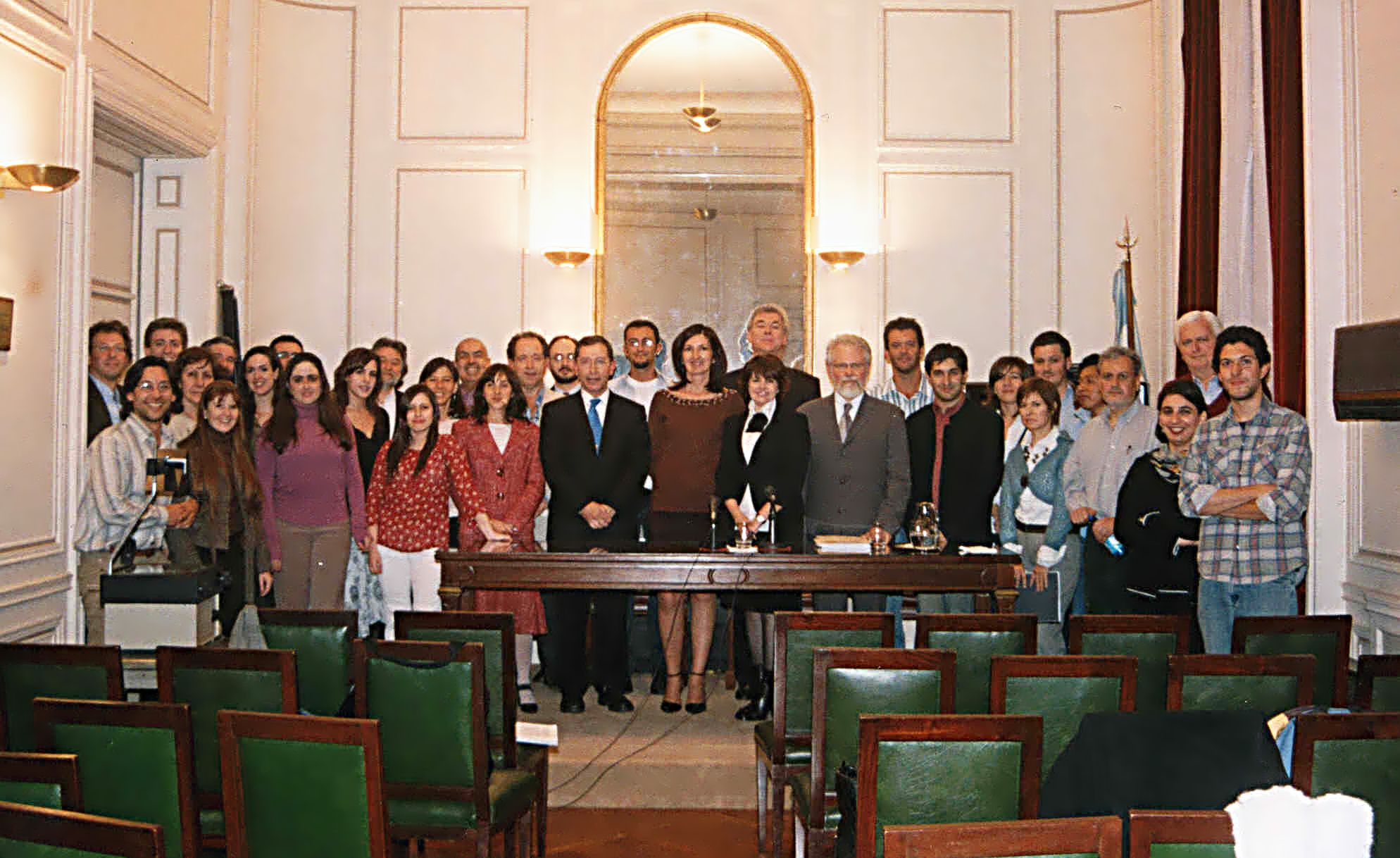
2) The free availability on the Web of numerous texts of Peirce in Spanish (more than in English!). Peirce's reception in the Spanish-speaking world has been hindered primarily due to the lack of good translators, persons able to understand Peirce and to write a legible and clear Spanish. For this reason, at the end of each text we have a banner saying that one advantage of web format with respect to printed texts is that they can be easily corrected with the cooperation of the readers, who note typos, errors or mistranslations, and we provide an e-mail to send suggestions.
3) Half a dozen doctoral dissertations on Peirce and pragmatism presented in Navarra; a repository of dissertations and papers available on the Web, and half a dozen monographic issues on Peirce in journals in Spanish, which provided the occasion of really collaborating with colleagues.
Our next "big" project is to prepare an annotated translation on the Web of Peirce's letters from his first journey through Europe in 1870-1871. We are trying to get funding for this project, which could be a pilot project for similar future efforts: We dream of a European network which works in cooperation with the Peirce Edition Project to publish in this area of Peirce's correspondence.
Thanks a lot for your attention.
Last update: June 4, 2007